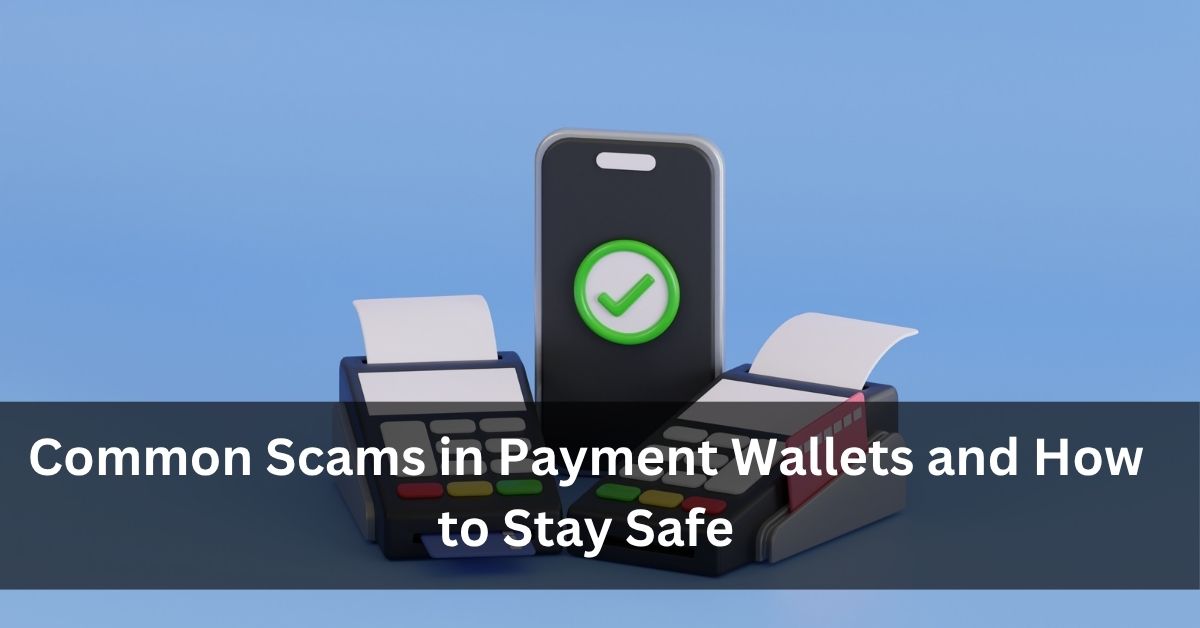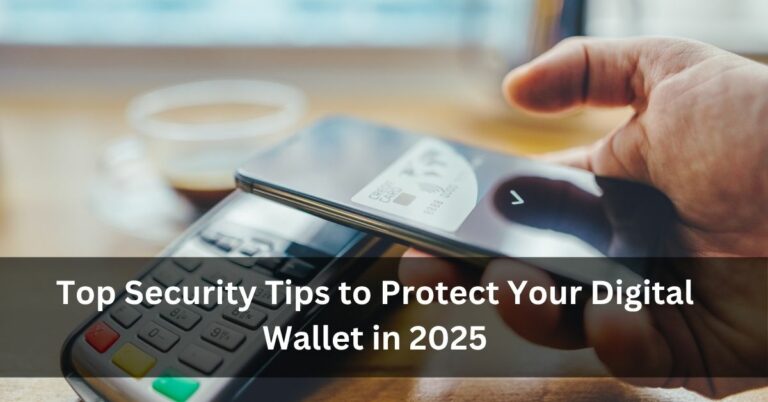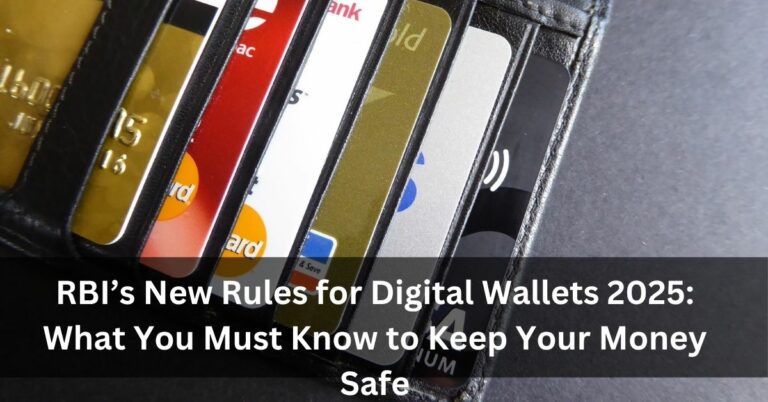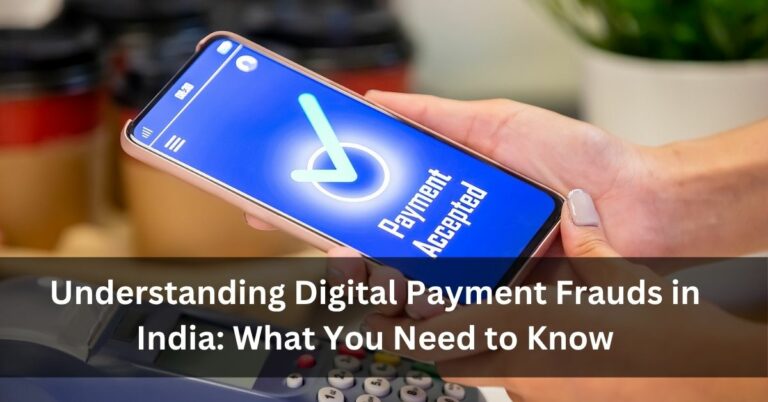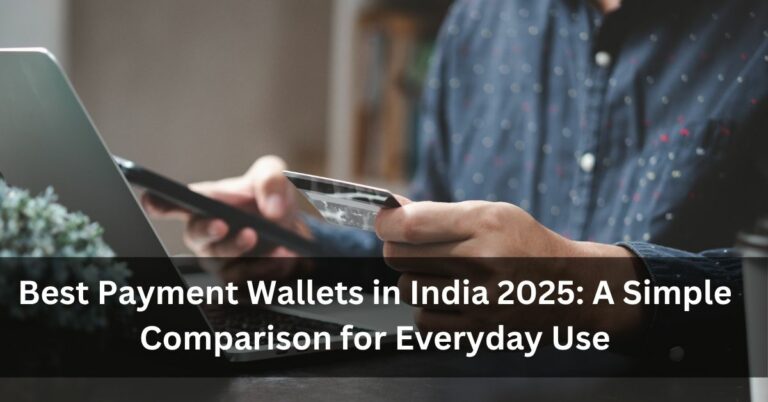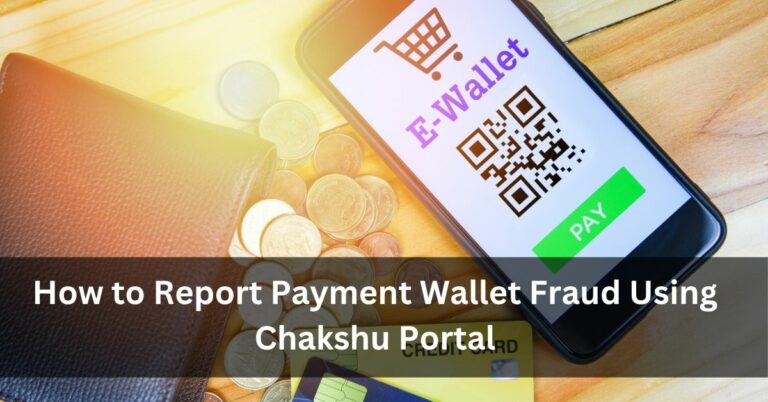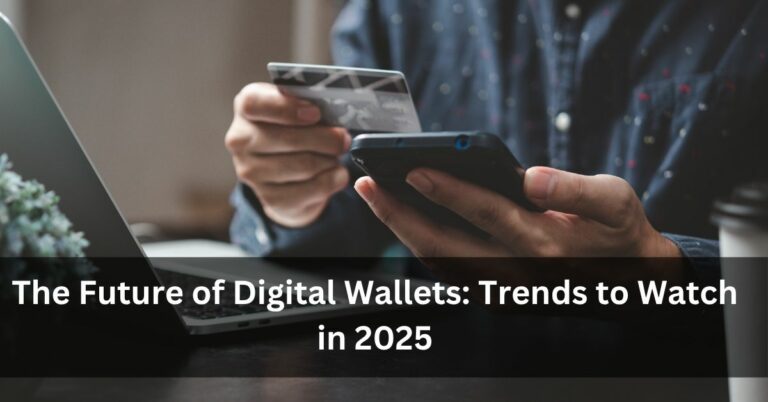Common Scams in Payment Wallets and How to Stay Safe
These days, digital payment apps like PhonePe, Google Pay, Paytm, and others are part of daily life. Whether it’s paying the electricity bill, buying groceries, or sending money to a friend, wallets make things quick and easy. But with more people using them, fraudsters have also become active. They are using simple tricks to fool users and take money from their accounts.
These scams are happening in both small towns and big cities. The victims are everyday people — students, workers, shopkeepers, and even senior citizens. In this blog, we explain the most common payment wallet scams and how you can protect yourself. We also show how the Chakshu Portal is helping people report these frauds easily.
What Are the Most Common Payment Wallet Scams?
Let’s look at the scams many people in India are facing today:
1. Fake KYC Messages
Scammers send SMS or WhatsApp messages saying your KYC is not updated. They ask you to click a link or call a number to fix it. Once you follow their steps, they ask for your wallet login or OTP and steal money from your account.
2. QR Code Fraud
You get a message saying you will receive money — but only after scanning a QR code. When you scan it, money is taken from your account instead.
3. Fake Customer Care Numbers
When you search for customer care numbers online, you may find fake ones. These scammers talk like real support staff and ask for your personal details and OTP.
4. Phishing Links
You may receive a message or email with a link that looks like your wallet app. It opens a fake website that asks for your login details.
5. Remote Access Apps
Scammers may ask you to install an app that gives them control of your phone. Once you do, they quietly take your banking or wallet details.
These scams happen fast, and many people don’t realise until it’s too late.
Real Story: A Wake-Up Call
Seema, a homemaker from Bhopal, received a call saying her Google Pay account would be blocked due to KYC issues. She followed the caller’s instructions and scanned a QR code. Within minutes, ₹15,000 was gone. She later reported it on the Chakshu Portal, helping others avoid the same mistake.
What Is a Chakshu Portal and Why Does It Matters?
The Chakshu Portal is an online platform started by the Government of India under the Department of Telecommunications. It lets you report suspicious messages, scam calls, and fake WhatsApp messages quickly. You don’t have to go to the police station or cyber cell to file a report.
Once you report, the details go to government teams who check and take action. This may include blocking the scammer’s number, freezing their bank or wallet account, or passing the case to the police.
How to Report a Scam Using the Chakshu Portal?
It’s easy and doesn’t take much time:
- Go to https://chakshuportal.com.in
- Click on “Report Suspected Fraud Communication”
- Choose the type: Call, SMS, or WhatsApp
- Enter the scammer’s number and the time/date
- Write a few lines about what happened
- Submit your report
You don’t have to share any private documents. Just report what you saw or received. Even if you didn’t lose money, reporting helps others stay safe.
How Scammers Trick People?
Scammers mostly use fear or greed. Here’s how:
- They say your account will be blocked — so you act fast without thinking.
- They offer cashback or prizes — so you click links without checking.
- They act like they’re helping — so you follow their instructions.
Being alert is the best protection. Always pause and think before clicking, calling, or scanning anything.
Tips to Stay Safe with Payment Wallets
Use these simple steps to avoid scams:
- Never share your OTP or UPI PIN with anyone
- Don’t scan QR codes to receive money — QR is only for sending money
- Use customer care numbers from the wallet’s official app or website
- Never install apps sent by unknown people
- Don’t trust payment screenshots — always check your wallet balance
- Set strong passwords and keep apps updated
- Always double-check any link before clicking
And most importantly, if something feels wrong, report it to Chakshu Portal right away.
What the Government Has Done So Far?
Thanks to reports from users on the Chakshu Portal, the government has taken these steps:
- Blocked over 1 crore scam mobile numbers
- Helped save more than ₹1,000 crore from fraud
- Froze more than 10 lakh wallet or bank accounts used by scammers
- Supported the filing of hundreds of FIRs across the country
This shows that one small report can lead to big action.
Final Words
Using digital payment apps is now part of daily life. But with that comes the need to be careful. Scammers are trying new tricks every day, but simple steps can keep you safe.
Always check before you act. Never share OTPs, don’t trust unknown links, and never scan a QR code unless you’re sure. If you get a message, call, or WhatsApp that looks like a scam, don’t ignore it — report it on the Chakshu Portal.
The more we report, the harder it becomes for scammers to cheat others. Stay aware, stay safe, and help others do the same.

